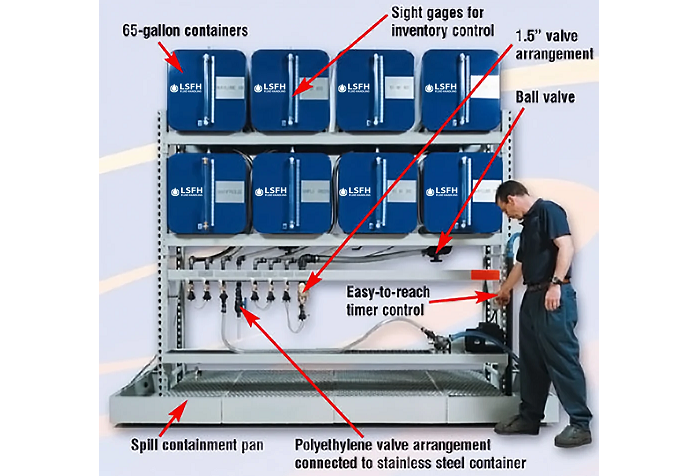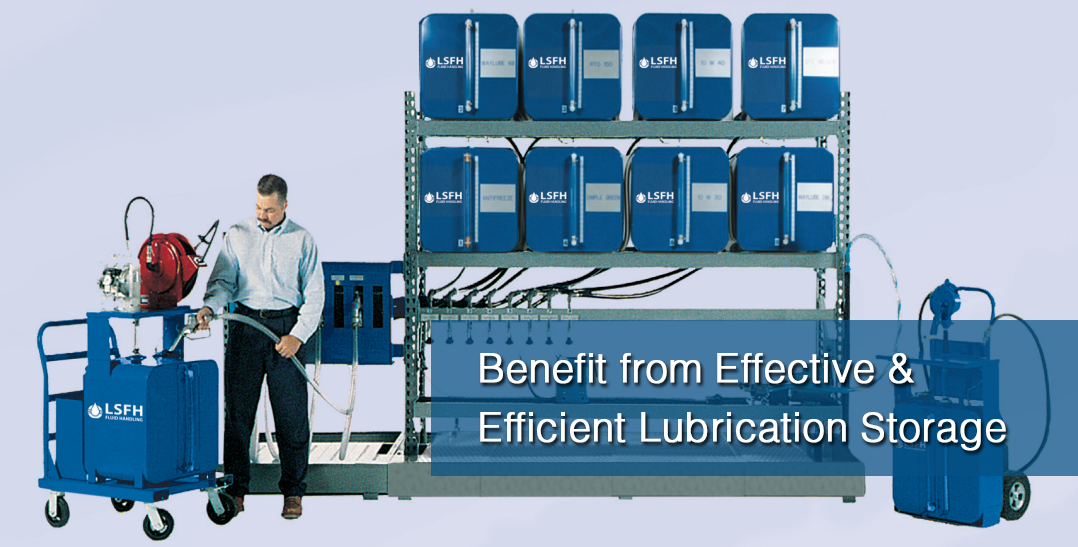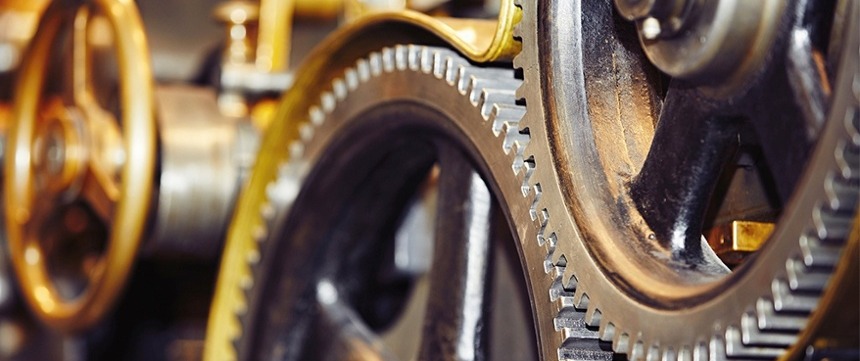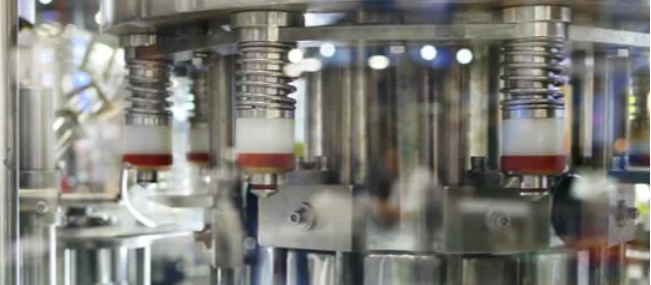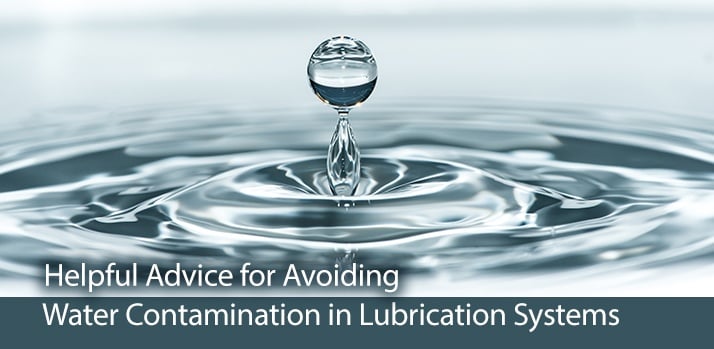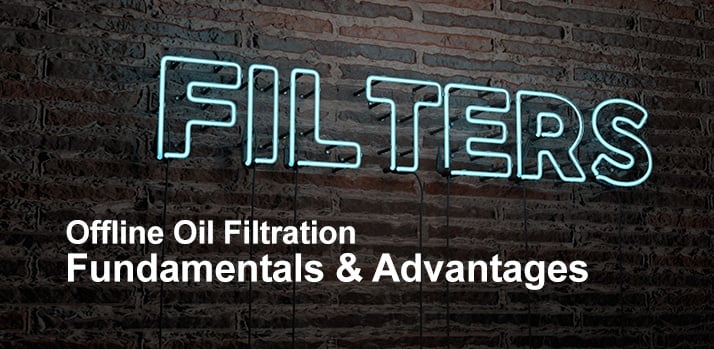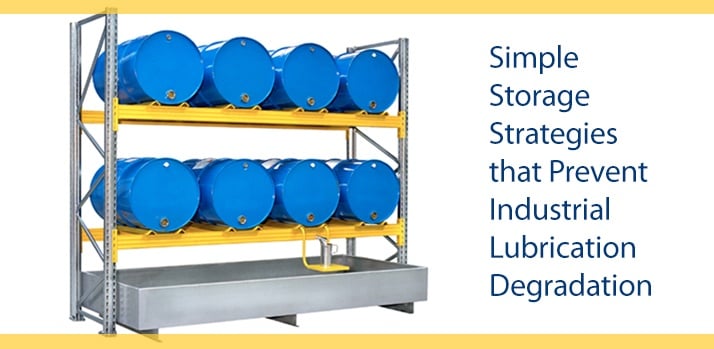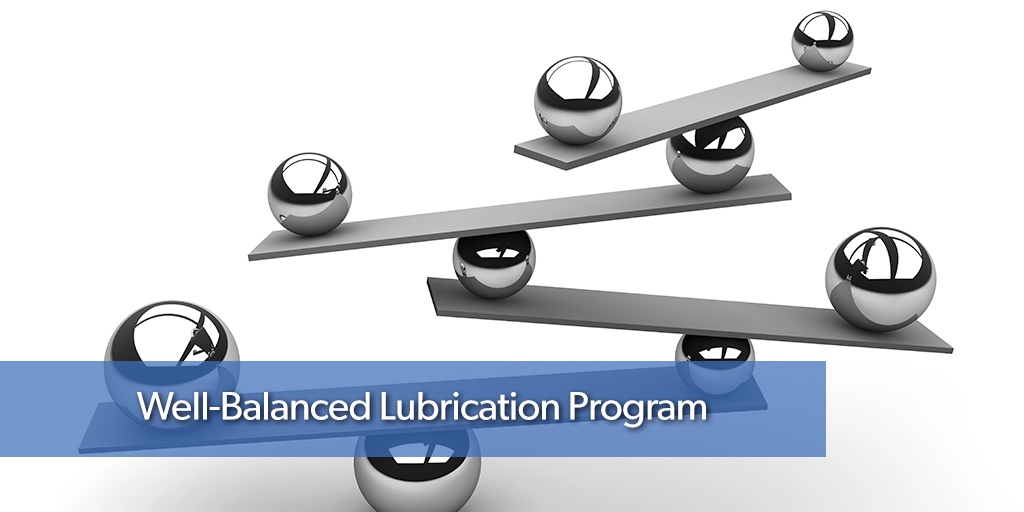In the fast-paced environment of manufacturing plants, efficient lubricant storage is often overlooked, leading to financial burdens and operational inefficiencies. This blog delves into the critical nuances of proper oil storage, emphasizing cost-saving benefits from fluid handling carts, breathers, filters, sight gauges, sustainability practices, and dedicated lube rooms. These practices contribute to a safer, more efficient, and environmentally responsible operation, providing tangible financial advantages.


